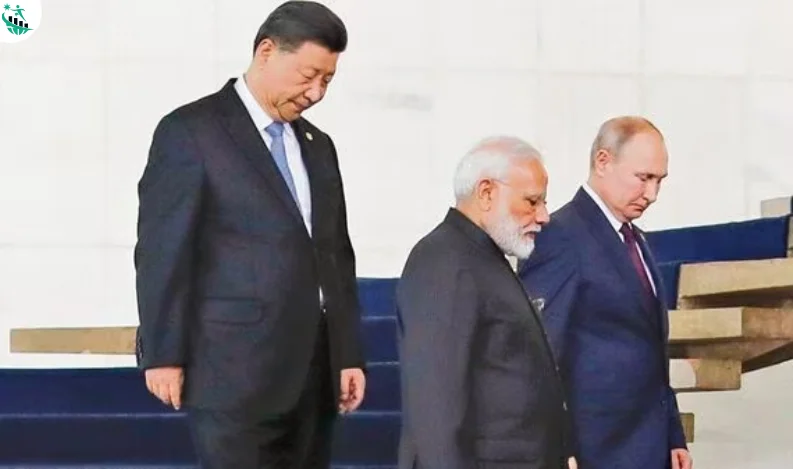
Trump Calls India-U.S. Trade Ties ‘A Totally One-Sided Disaster’ After Modi’s China Visit
U.S. President Donald Trump escalated his criticism of India on Monday, describing the trade relationship between the two countries as “a totally one-sided disaster” shortly after Prime Minister Narendra Modi visited China for the Shanghai Cooperation Organization (SCO) summit.
In a post on Truth Social, Trump claimed India had offered to cut tariffs to zero but said the move was “too late” and should have been done “years ago.” He accused New Delhi of selling “massive amounts of goods” to the U.S. while imposing steep barriers on American exports.
The remarks come as trade tensions deepen following Washington’s decision to impose 50% tariffs on Indian goods, alongside additional 25% duties last month in response to India’s purchases of Russian oil. New Delhi has denounced the measures as “unfair, unjustified and unreasonable.”
Trump reiterated accusations that India continues to buy oil and arms from Russia, arguing that U.S. businesses are “unable to sell into India” due to what he called the “highest tariffs of any country.”
World Trade Organization data shows India’s average tariff on U.S. imports stood at 6.2% in 2024 on a trade-weighted basis, compared with the U.S. average of 2.4% on Indian goods.
The strained trade relationship marks a sharp reversal after two decades of deepening U.S.-India ties. In May, India reportedly offered a “zero-for-zero” tariff deal covering steel, auto components, and pharmaceuticals on a reciprocal basis, but talks collapsed before Trump’s tariff hikes took effect.
Meanwhile, Modi’s meeting with Chinese President Xi Jinping in Tianjin underscored New Delhi’s bid to stabilize ties with Beijing. Both sides emphasized partnership over rivalry during the SCO summit.
U.S. Treasury Secretary Scott Bessent dismissed suggestions that Washington’s tariffs were driving India closer to China, calling the SCO gathering “performative.” Analysts, however, warned that warming ties between India and China could reshape geopolitical dynamics, even as historic disputes continue to limit trust.



Recent Comments:
No comments yet.